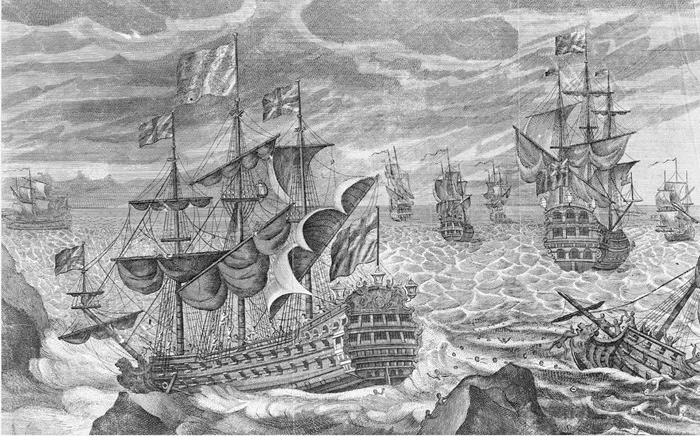May 10 holds significant importance in Canadian history, marking events that have shaped the nation’s cultural, political, and social landscape. This article explores notable occurrences on this date, providing detailed insights into their contexts and impacts.
What Happened on May 10 in Canadian History?
1534: Jacques Cartier’s Exploration of Newfoundland
On May 10, 1534, French explorer Jacques Cartier embarked on his first voyage to the New World, marking the beginning of France’s exploration and colonization efforts in North America. Departing from Saint-Malo, France, Cartier’s expedition aimed to discover a western passage to Asia and to explore new territories. Upon reaching the coast of Newfoundland, Cartier and his crew navigated through the Strait of Belle Isle, charting the rugged coastline and interacting with Indigenous peoples. This journey laid the foundation for subsequent French claims in North America and initiated a series of explorations that would profoundly influence the continent’s history.
1885: The Battle of Batoche
Between May 9 and May 12, 1885, the Battle of Batoche took place during the North-West Rebellion, a pivotal moment in Canadian history. Led by Louis Riel, the Métis people sought to defend their rights and lands against the Canadian government’s encroachments. The battle occurred in the community of Batoche, in present-day Saskatchewan. Despite their determination and strategic efforts, the Métis forces were outnumbered and outgunned by government troops. The defeat at Batoche marked the collapse of the Métis resistance, leading to Riel’s capture and subsequent trial. This event had lasting implications for Indigenous and Métis relations with the Canadian government.
1916: Sir Wilfrid Laurier Opposes Ontario’s Regulation 17
On May 10, 1916, former Prime Minister Sir Wilfrid Laurier addressed the House of Commons to oppose Ontario’s Regulation 17, which severely restricted the use of French in schools. Laurier, Canada’s first French-Canadian Prime Minister, passionately defended the rights of Franco-Ontarians, emphasizing the importance of linguistic and cultural freedom. He appealed to the sense of justice and fair play of the people of Ontario, advocating for a frank understanding between the majority and minority populations. Laurier’s speech highlighted the ongoing struggles for minority language rights in Canada and underscored the nation’s commitment to bilingualism and multiculturalism.
1972: University of Waterloo Act Passed
On May 10, 1972, the University of Waterloo Act was enacted, providing a new governance structure for the University of Waterloo in Ontario. This legislation established the university’s autonomy and outlined its objectives, including the advancement of learning and the dissemination of knowledge. The act was a significant milestone in the development of higher education in Canada, reflecting the country’s commitment to fostering academic excellence and innovation. The University of Waterloo has since become renowned for its research contributions and co-operative education programs, playing a vital role in Canada’s educational landscape.
2005: Parliamentary Motion Challenges Government
On May 10, 2005, the Canadian House of Commons passed a motion that the opposition claimed should topple the government. The governing Liberal Party, led by Prime Minister Paul Martin, refused to resign, arguing that the motion was procedural and did not constitute a vote of no confidence. This event highlighted the complexities of parliamentary procedure in Canada and underscored the challenges of governing with a minority government. The incident also reflected the political tensions of the time and the intricacies of maintaining confidence in the House.
2010: Saint-Jude, Quebec Landslide
On May 10, 2010, a devastating landslide occurred in Saint-Jude, Quebec, resulting in the deaths of a family of four. The landslide was triggered by the movement of clay soil, a phenomenon known as a “quick clay” slide. The event drew attention to the geological vulnerabilities in certain regions of Canada and prompted discussions on land use planning and emergency preparedness. The tragedy also highlighted the importance of geological assessments in residential areas to prevent future disasters.
Conclusion
May 10 has been a witness to events that have significantly influenced Canada’s historical trajectory. From early explorations and cultural debates to political challenges and natural disasters, the occurrences on this date reflect the diverse and complex tapestry of Canadian history. Understanding these events provides valuable insights into the nation’s past and informs its present and future directions.
Related Topics:

